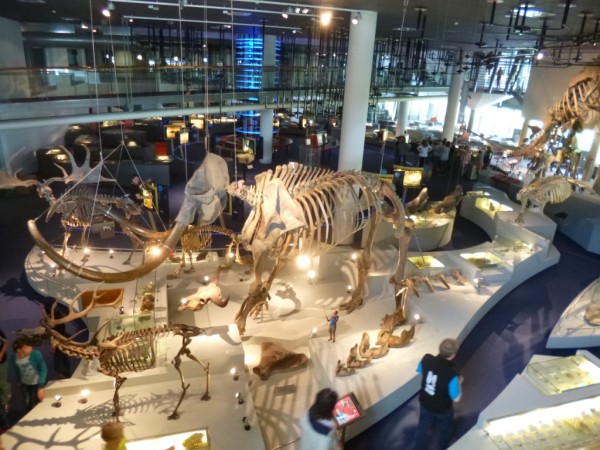One of the huge benefits of being a graduate student (or otherwise in possession of a university library log-in) is access to published research that otherwise is locked behind paywalls. Paywalls for academic journals are EXPENSIVE – per-article costs around the US$30 mark are not uncommon. Given that even a relatively narrow search of the academic literature can yield dozens of articles, the cost soon gets prohibitive and many museum professionals are effectively locked out from accessing these papers.

There is a lot of discussion about open access in academic circles, which I won’t repeat here besides to say I’ve made the decision to make my PhD thesis open-access once my degree is conferred (weeks, if not days away – I promise!). Once it’s available, I’ll post a link.
But this post is not about the open access debate per se. Rather, I wanted to share ways that you *can* get access to original research, or at least decent summaries that extend beyond what the abstract tells you, without having to fork out the big bucks:
– Academia.edu: essentially “Facebook for academics”, this site allows researchers to upload versions of their papers (often pre-prints that are not subject to publisher copyright) as well as conference papers that may not be easy to get hold of elsewhere. You can follow subjects, groups and researchers of interest, and while you need to set up a profile first, I don’t think you need a current link to an academic institution – putting down your alma mater would probably suffice.
– Relating research to practice: unlike academia.edu, which covers all disciplines, this site is specific to museums and informal learning. It doesn’t reproduce original papers in its entirety, rather it includes useful summaries of key research articles that are searchable by topic.
– Informalscience.org: Another subject-specific portal and a great way of accessing evaluation reports and other “grey literature” that wouldn’t get published in academic journals anyway. If you’re doing an exhibition on a particular topic, it’s worth having a browse to see if there are any front end, formative or summative evaluation reports from another museum that has previously tackled the same topic. Also, don’t let the name put you off if you’re not in a science-based informal learning institution: there are also reports from art and history museums as well (albeit fewer in number).
In addition, every so often, on this blog I produce my own summaries of key research papers and books. I do this for two reasons: firstly, it gives me the impetus to properly read and get across what it says; and secondly it’s a way of giving research I find interesting/useful/important a wider audience past the paywall.
Are there any other similar resources that you have found useful?

Once I identify the actual title of a paper, and the author(s), I will often Google these as many authors make versions of their paper available on their own websites (or their university’s). This tends to be more likely for older papers but not exclusively. Also, I’m not above contacting the authors directly…
Thanks Andy. Someone also suggested this via twitter as there are a lot of institutional repositories (e.g. UQ espace). CiteSeerX was also suggested for more sciencey literature.